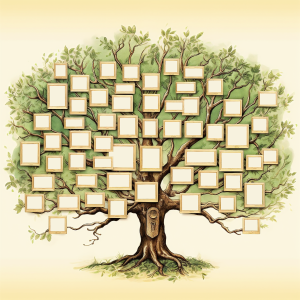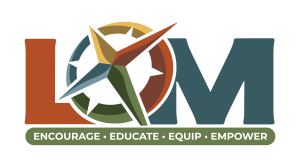Warm-up Questions
- What is your favorite thing to eat?
- What happens if you have too much of it?
Olympic Bread
With the Summer Olympics in Paris this summer, bread is playing a central part in the tourist experience. After all, France is known for their bakeries, from crunchy baguettes to sweet pastries and so much more. One bakery went so far as to imprint Olympic rings on the fifteen pound loaves they were baking. You can read more about that here or watch a short video on it here. 
There’s something strange in that first paragraph. A loaf of bread that weighs fifteen pounds?! One the one hand, who doesn’t love bread? Even those with gluten allergies or Crohn’s Disease often seek the best gluten-free alternatives to traditional breads and pastas. But fifteen pounds is an almost unthinkable size for a single loaf of bread, even with all the extra people in town for one of the most popular Olympic events in memory. Does the biggest sporting competition in the world require the biggest baked good?
This all raises the question of whether it’s possible to have too much of a good thing. So let’s think about that.
Discussion Questions
- Is it possible to have too much of a good thing? This could be something to eat, to watch, to do, truly any thing that is good.
- What strategies might you employ to avoid overconsumption?
Third Sunday After Pentecost
Text links are to Oremus Bible Browser. Oremus Bible Browser is not affiliated with or supported by the Evangelical Lutheran Church in America. You can find the calendar of readings at Lectionary Readings.
For lectionary humor and insight, check the weekly comic Agnus Day.
Bread to Share
In this weeks Gospel–in fact, for many Sundays this year–Jesus talks about bread, even claiming explicitly in John 6:35, “I am the Bread of Life.” This reading also includes overtures to his coming death, communion metaphors, and the promise of eternal life. There’s lots of theological weight riding on this bread!
What makes this Jesus bread so different from the world’s bread–even a fifteen pound loaf–is not just what it does, but how it does it. Of course, regular bread doesn’t ensure rise again from death. Jesus even highlights that the manna God gave in the wilderness didn’t have that kind of power! The Bread of Life that is Jesus Christ is different because it raises us up to share eternity with God.
More than that, this is done by sharing this unique bread. There’s no such thing as too much of the Bread of Life because it’s meant to be shared. The bread comes down from heaven not just to fill one belly or satisfy one’s hunger, but to meet the needs of all who hunger physically and spiritually.
That reality, that the Bread of Life is meant for all, should also tell us something about how we use the bread–and all the resources–at our disposal. It’s really only possible to have too much of a good thing if we refuse to share it with others.
Discussion Questions
- We meet Jesus at the Bread of Life in communion. How does participating in that ritual connect you closer to Christ?
- If we’re meant to share the Bread of Life, how will that inspire you to share other resources that you have?
Activity Suggestions
- Bake some bread to share. Perhaps this is making communion bread for worship, or making tortillas to share with your neighbors, or making sweets to celebrate a family member’s birthday. In this way, live out the sharing of bread in ways that give life to others.
- Explore your home or church for signs of “too much.” Where do you have an abundance of resources? Talk with your family, roommates, or congregational leaders about ways those things could be put to use for the benefit of others.
Closing prayer:
Bread of Life, you fill us with good things. Help us to respond in kind, sharing the good things we have with others who need them most. Remind us that, in your abundance, there is always enough to share, more than enough to go around, for there is never too much of Good Thing is you: Amen.





